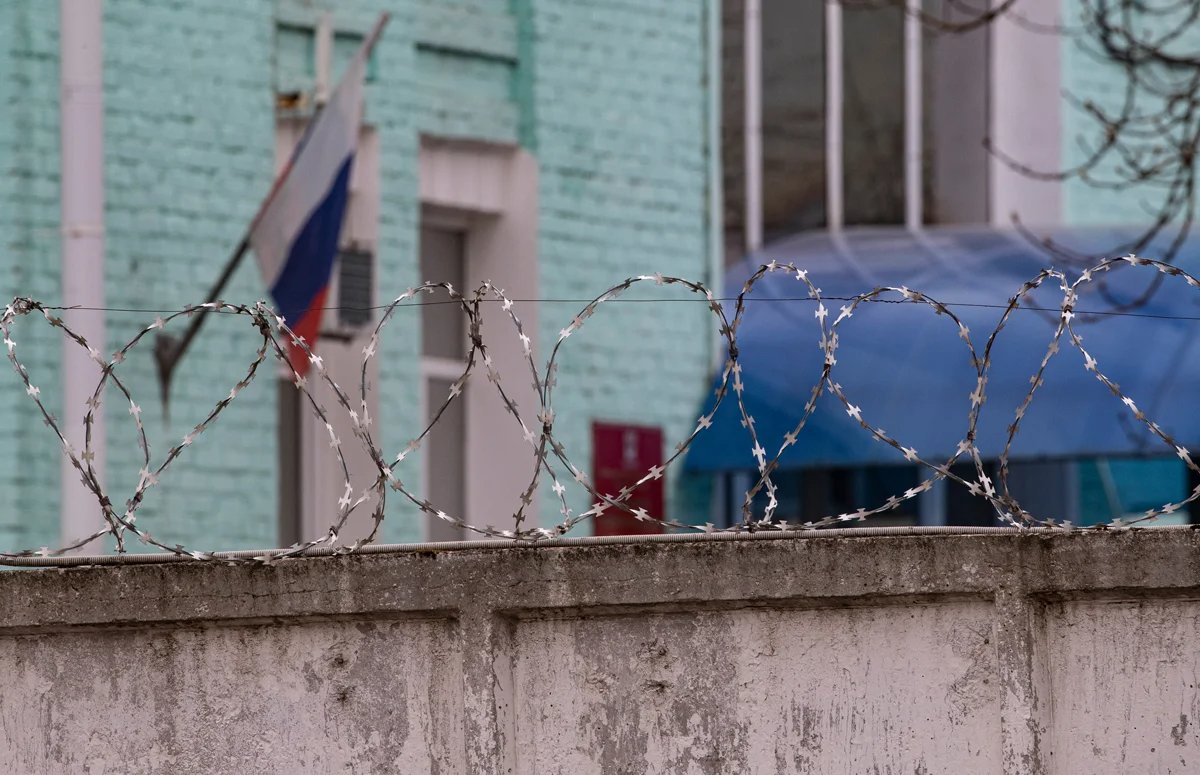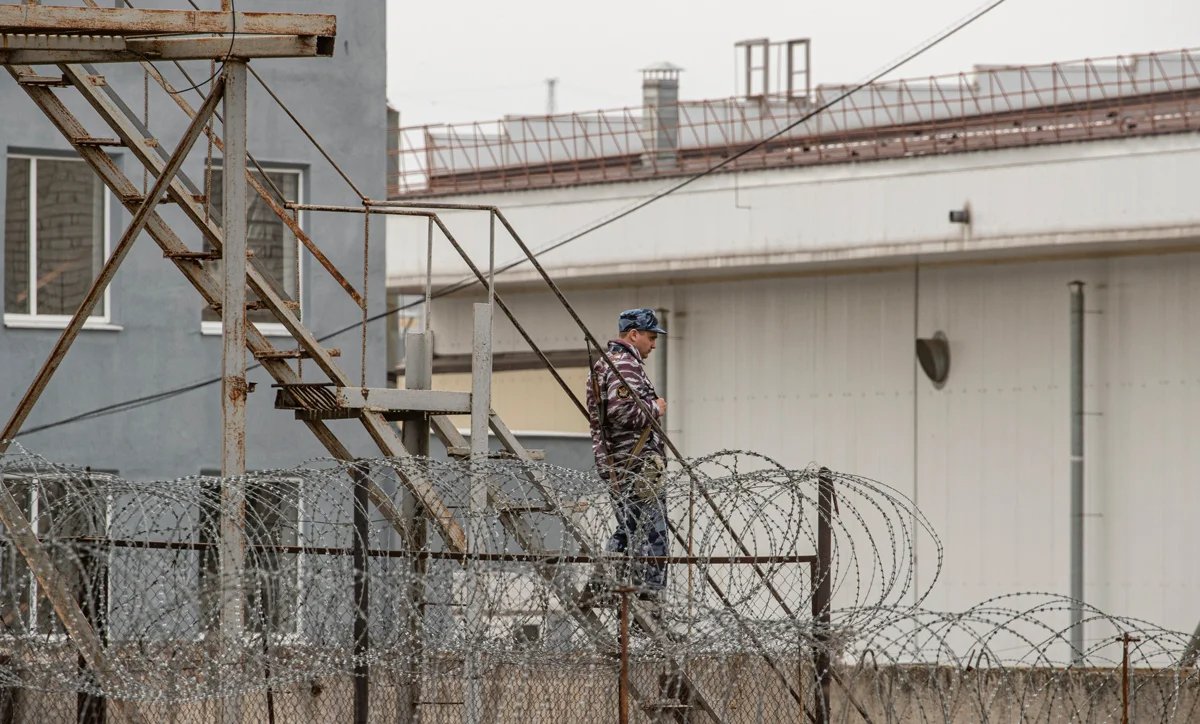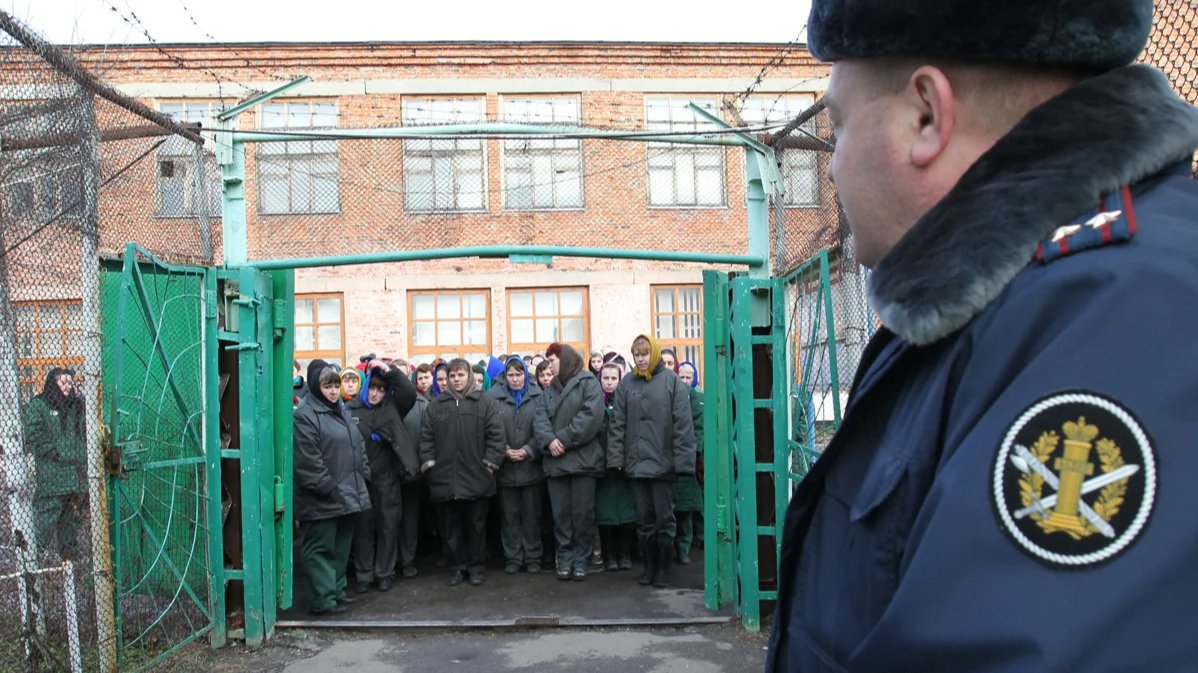The Russian government has proposed withdrawing from the European Convention for the Prevention of Torture after a resolution recommending Russia “denounce” the convention and all its provisions was signed by Prime Minister Mikhail Mishustin. In recent years, Moscow had not complied with its obligations under the convention in any case, failing to grant inspectors access to the country’s penitentiary facilities.
A culture of impunity
The Council of Europe adopted the European Convention for the Prevention of Torture in 1987. Russia became a member of the council in 1996, and signed the convention in 1997. This ultimately led to the creation of the European Committee for the Prevention of Torture (CPT). As human rights NGO First Department points out, the committee’s experts are entitled to carry out inspections without prior warning at prisons, penal colonies, psychiatric hospitals and any other site where people are deprived of their liberty.
“They record the conditions of detention, communicate with prisoners and staff, and write reports based on their findings,” First Department notes, adding that countries that sign up to the convention are obliged to correct any violations identified by the CPT.
Russia was expelled from the Council of Europe after it launched its full-scale invasion of Ukraine in February 2022, meaning Moscow was no longer a party to the European Convention on Human Rights. Vladimir Putin signed a law in June 2022 absolving Russia of the need to execute European Court of Human Rights rulings issued after 15 March 2022.

A Russian flag hangs on the wall at penal colony No. 3 in the Vladimir region, central Russia, 19 April 2021. Photo: Sergey Ilnitsky / EPA
Withdrawal from the convention will primarily affect Russian prisoners. Since 1996, CPT experts have regularly visited Russian penal colonies and pretrial detention centres, and published reports on torture and inhumane conditions in detention, according to First Department.
After their first visit to Russia in 1998, inspectors noted “overcrowding, poor sanitary conditions and a lack of basic healthcare”. In the 2000s, the committee commented on systematic torture in Chechnya and other regions of the North Caucasus, while a 2003 report spoke of a “culture of impunity” for the security forces.
In the early 2010s, the CPT published a report on detention centres and penal colonies in the Sverdlovsk region, in the Russian Urals, which documented regular beatings of prisoners at the hands of other inmates acting on the orders of the staff, First Department recalls. Inspectors also documented evidence of torture, “including prisoners being hung up by their arms and legs”, at another colony near the city of Kazan, in the republic of Tatarstan.
In 2017, human rights activists “provided the CPT with data on secret prisons in Chechnya, where people were illegally detained and tortured”.
“When Russia was still willing to engage in dialogue, the system provided adequate external monitoring over the observance of international standards in places of detention.”
After Russia’s withdrawal from the convention, the country will no longer be obliged to allow inspectors into its prisons or to consider complaints to the CPT by Russian prisoners, First Department says.
This means that independent external monitoring of the conditions of detention will virtually disappear, while international pressure will also decrease. Olga Sadovskaya, deputy head of Russian human rights nonprofit Crew Against Torture, says the CPT visited Russia 30 times in total, most recently in 2021, and prepared 27 reports based on their findings. Only four of those reports were ever made publicly available, as the permission of the hosting country was required for publication to go ahead.
However, Sadovskaya says the committee achieved significant changes, even if their findings didn’t receive the publicity they deserved. “The problem of overcrowded cells was solved, repairs were carried out at penal colonies.”
“When Russia was still willing to engage in dialogue, the system provided adequate external monitoring over the observance of international standards in places of detention,” Sadovskaya notes, stressing that the visits still offered some protection to the most vulnerable prisoners and patients at psychiatric hospitals, and put pressure on the authorities to carry out prison reforms.

A prison guard goes down the stairs at penal colony No. 3 in the Vladimir region, central Russia, 19 April 2021. Photo: Sergey Ilnitsky / EPA
Another brick in the wall
At the same time, Russia’s withdrawal from the Convention against Torture will change little in practice, the head of Crew Against Torture, Sergey Babinets, believes, “given that Russia is already firmly on the path of non-compliance with international treaties and conventions”.
“Torture never left the system. They allowed international representatives to run checks on penal colonies and pretrial detention centres ten to 15 years ago as there was still some notion of moving closer to Europe — not territorially, but ideologically — but now they have decided to break all ties with Europe,” Babinets wrote on Facebook.
In his view, the withdrawal is just “another brick in the wall as Russia fences itself off from the civilised world, where torture is prohibited and considered an international problem that can and must be fought together”.
Olga Romanova, head of Russia Behind Bars, a well-known foundation assisting inmates nationwide, agrees, writing on Telegram that “the European Convention on Torture had not actually worked since 2022”.
“Russia should have been excluded from the convention after it had ignored it on a couple of occasions, rather than waiting for it to storm off in a huff.”
“Russia simply didn’t respond to inquiries,” she wrote, recalling the numerous unanswered inquiries into the death of opposition leader Alexey Navalny in an Arctic prison in February 2024. “It just didn’t answer, but now it’s slamming the door shut. Russia should have been excluded from the convention after it had ignored it on a couple of occasions, rather than waiting for it to storm off in a huff,” she said.
The European Convention for the Prevention of Torture is not the sole agreement in the field, however. “Russia has not yet withdrawn from the UN Convention against Torture or the UN Universal Declaration of Human Rights, which prohibits torture,” says Babinets.
The Convention against Torture and Other Cruel, Inhuman or Degrading Treatment or Punishment was adopted by the UN General Assembly on 10 December 1984. First Department lawyer Yevgeny Smirnov points out that Russia being a signatory means one can still theoretically complain to it about violations by the Russian authorities.
But Romanova believes that Moscow feels no need to withdraw from those, as current signatories include “all sorts of dictatorships where they torture people like mad and suffer no consequences”.
Join us in rebuilding Novaya Gazeta Europe
The Russian government has banned independent media. We were forced to leave our country in order to keep doing our job, telling our readers about what is going on Russia, Ukraine and Europe.
We will continue fighting against warfare and dictatorship. We believe that freedom of speech is the most efficient antidote against tyranny. Support us financially to help us fight for peace and freedom.
By clicking the Support button, you agree to the processing of your personal data.
To cancel a regular donation, please write to [email protected]

